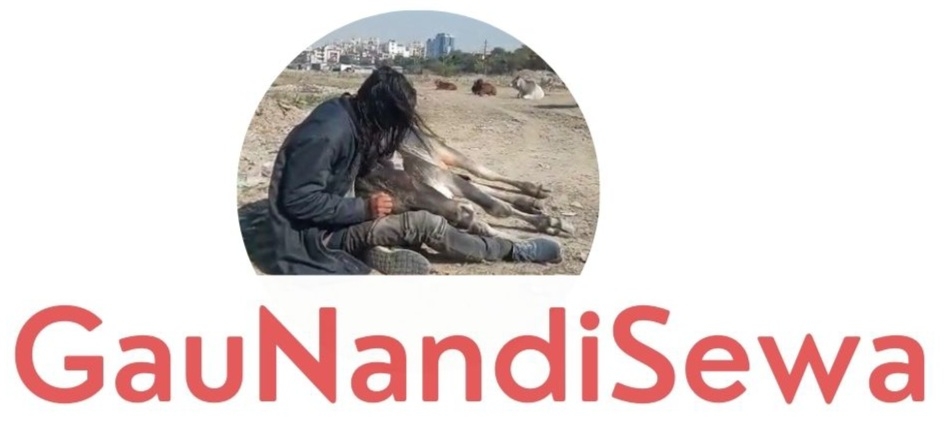- Gaumata/Cows
- 3936 views
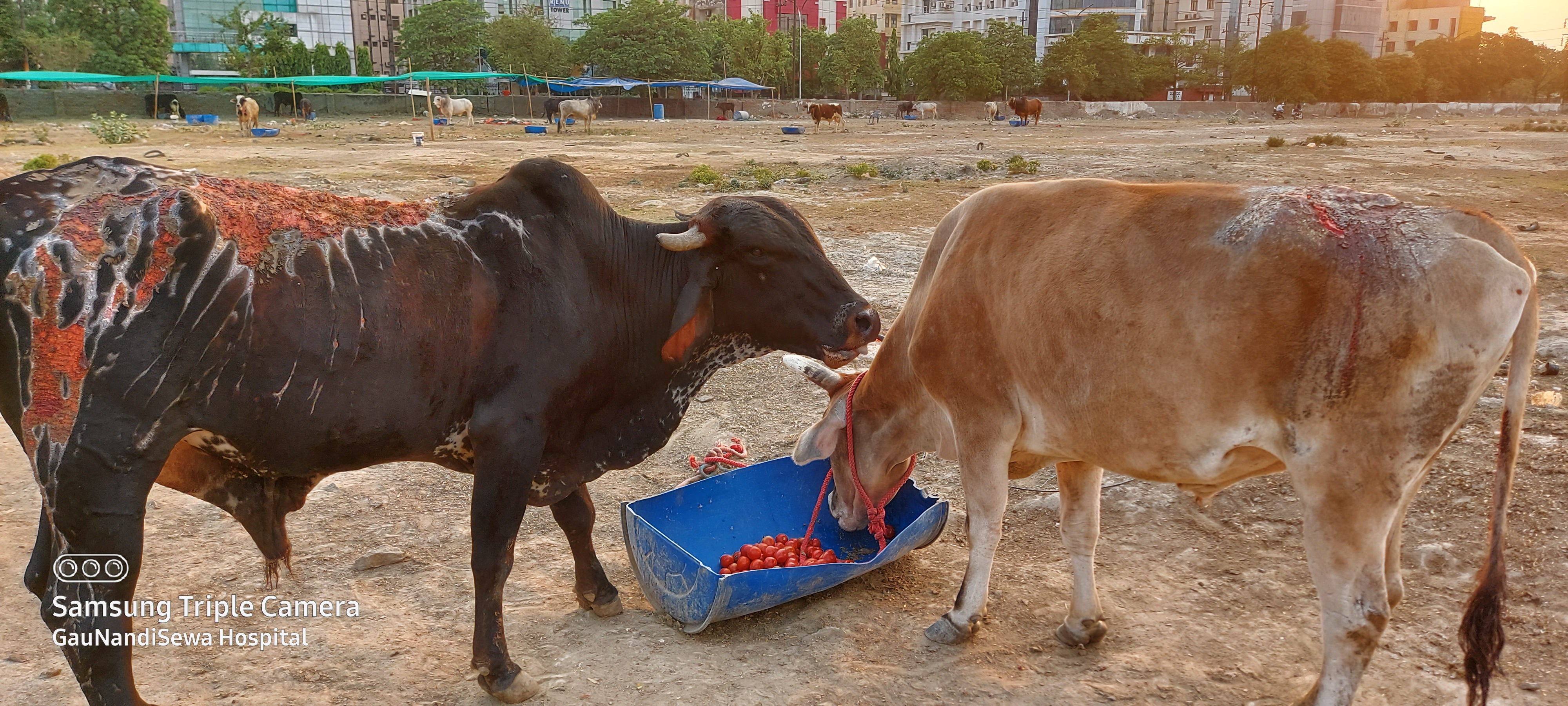
India, a nation with a rich cultural heritage, burgeoning modernity, and emerging superpower status, profoundly understands the necessity of world-class animal hospitals. This need is intricately linked to its cultural ethos, urban challenges, and global image. GauNandiSewa in Noida exemplifies this commitment, emerging as a pioneering institution in animal welfare, particularly for cows (Gaumata) and bulls (Nandi), revered in Hindu culture.
Cultural Imperative
In Hinduism, cows and bulls are not merely animals; they embody religious and cultural sentiments. Revered as sacred, they are integral to India's spiritual fabric. GauNandiSewa, deeply ingrained in these values, provides more than medical care; it upholds a centuries-old tradition of reverence and compassion towards these creatures. The facility's operation aligns with the Hindu belief in the sanctity of all life, reflecting India’s cultural richness and religious diversity, reminiscent of the stories of Mahadev and Krishna.
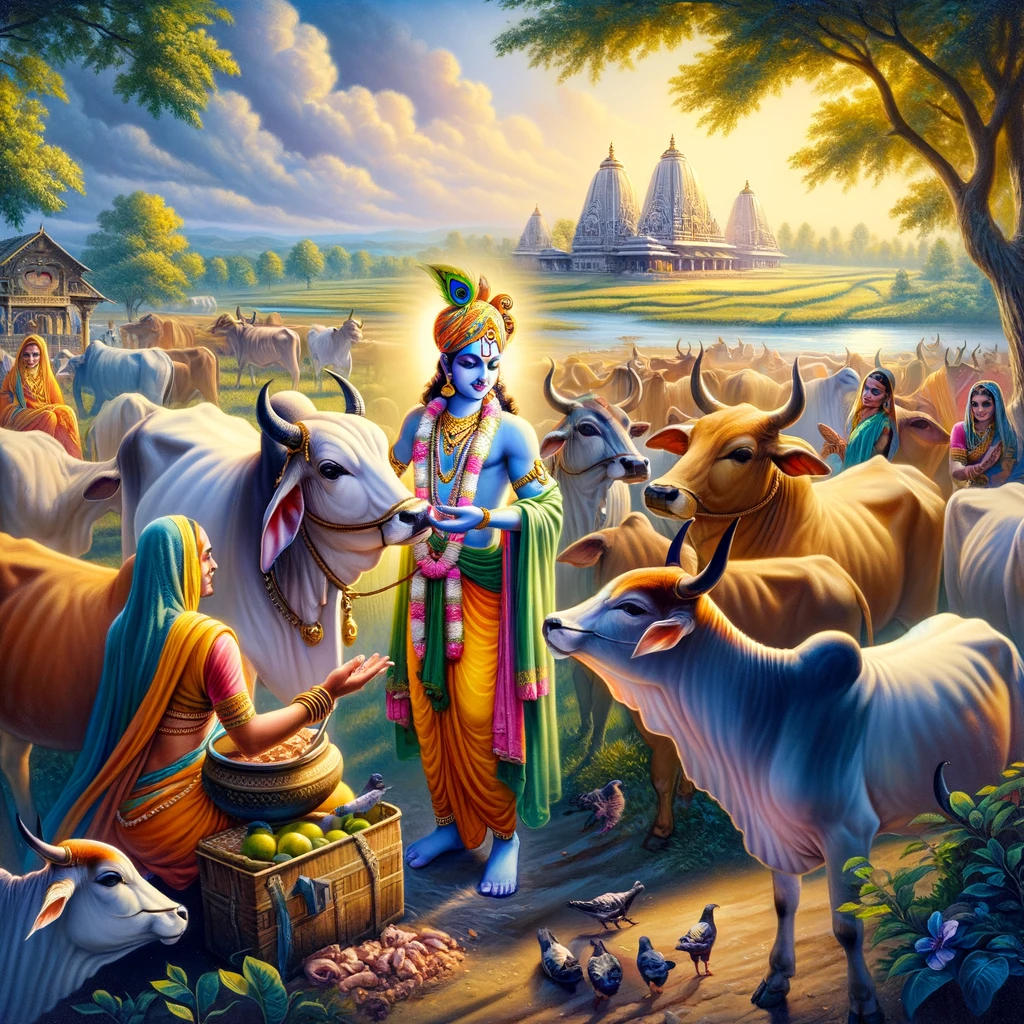
Addressing Modern Challenges
India's rapid urbanization and increasing vehicular traffic have led to a rise in animal-related accidents, especially in urban areas. GauNandiSewa addresses this modern challenge head-on. By focusing on hit-and-run accident victims and providing medical and rehabilitation services, the institution showcases India's ability to adapt its traditional values to contemporary needs, ensuring that the welfare of animals keeps pace with the country’s modernization.
A Symbol of Empathy and Dedication
The inception of GauNandiSewa was driven by empathy and a commitment to animal welfare. After witnessing inadequate care at another facility, the founders were determined to create a safe haven for these animals. This level of dedication underlines the importance of individual responsibility in animal welfare and showcases the power of empathy in driving significant societal change.
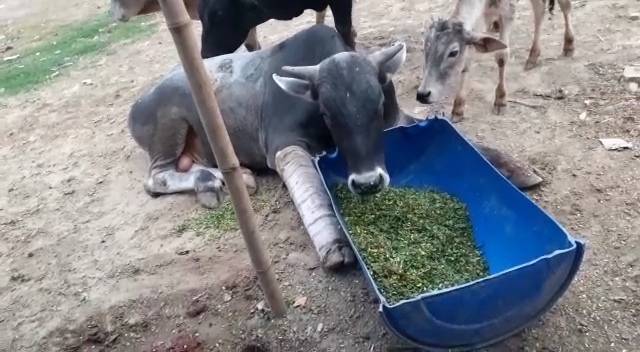
Community and Government Support
GauNandiSewa’s success is also a testament to the power of community engagement and governmental support in animal welfare. The organization thrives on contributions from the public, government officials, and friends. This collective effort not only sustains their operations but also fosters a sense of shared responsibility towards animal care, reflecting the communal nature of Indian society.
Reflecting India’s Global Stature
As India positions itself as a global leader, its approach to animal welfare becomes a key aspect of its international image. World-class facilities like GauNandiSewa not only address domestic needs but also project a compassionate and progressive image of India on the world stage. It embodies the nation's commitment to balancing economic and technological advancements with ethical and humane practices.
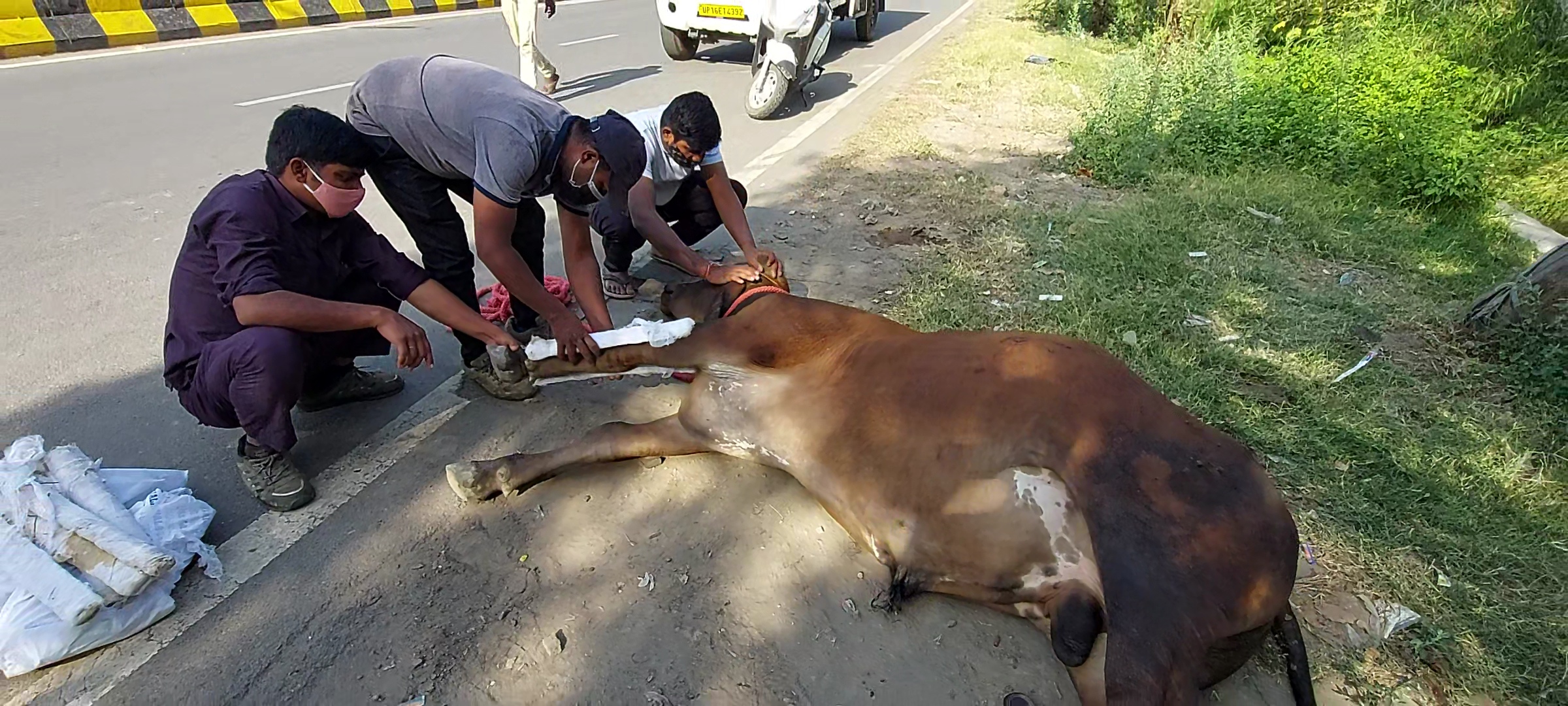
In line with the growing awareness about animal welfare, GauNandiSewa also resonates with the vegan community's ethos. Their efforts in providing care to cows and promoting the gaushala (cow shelter) model emphasize compassionate living, aligning with vegan principles. Furthermore, the expertise of cow doctors at GauNandiSewa ensures that each Gaumata receives the best possible care, showcasing a model for animal hospitals across the country. In conclusion, GauNandiSewa in Noida is not merely an animal hospital; it's a beacon of India’s cultural values, modern responsiveness, and global aspirations. It embodies a holistic approach to animal welfare, intertwining cultural reverence, modern challenges, and compassionate care. This institution is a shining example of how India, as an emerging superpower, is advancing in its journey, ensuring the well-being of all its beings, human and animal alike.
